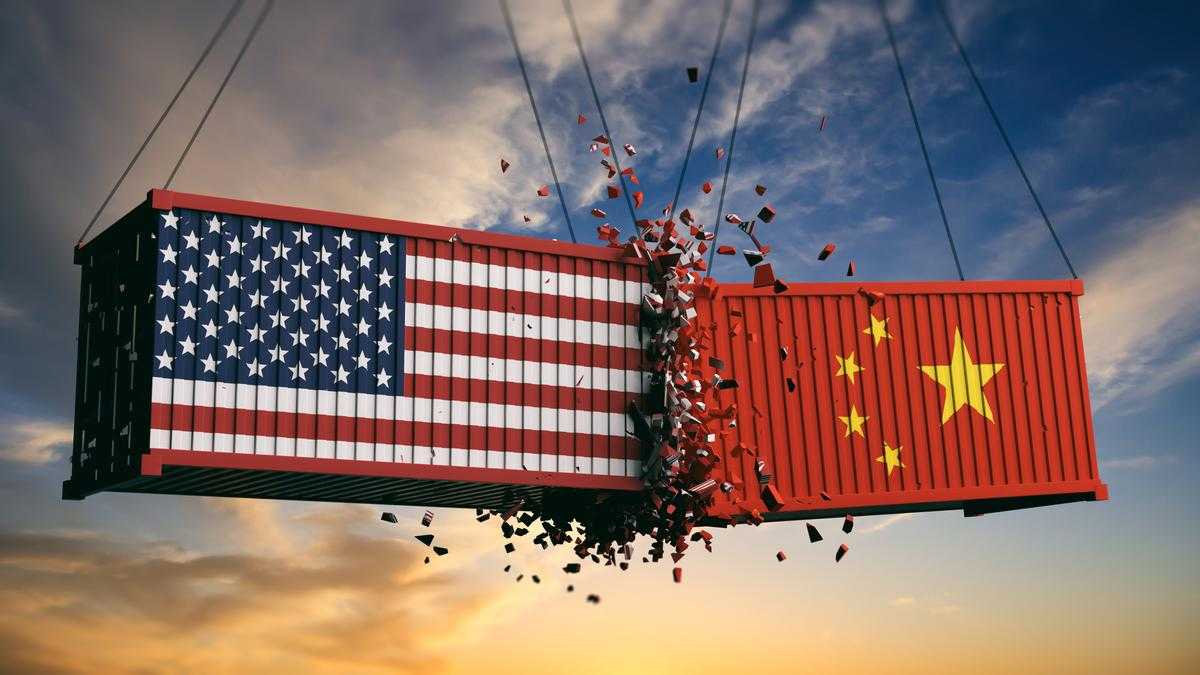Is imposing tariffs on Chinese imports a good idea? | Explained
What will be the impact of the move on the U.S. economy as well as the Chinese economy? Will the imposition of such tariffs trigger another global trade war?
The story so far: Donald Trump, the President-elect of the U.S., has promised to impose tariffs of up to 60% on Chinese imports to correct the huge trade deficit the U.S. has with China and also as a punitive measure to make China reduce the subsidisation of its domestic production, which make Chinese goods cheaper and attractive to American consumers as compared to locally produced American goods. He has also threatened to impose 10% import tariffs on imports from European Union.
The imposition of tariffs by the U.S. will raise the domestic price of such products in U.S. markets. If the tariffs are across the board and cover a large part of consumer goods sold in the U.S., then it will increase domestic inflation. However, if it helps to reduce the overall trade deficit of the U.S., it may improve the value of the U.S. dollar and moderate domestic inflation. If the tariffs shift consumption away from Chinese goods and other imported goods, it will boost domestic production and increase domestic supply of consumer goods and help moderate inflation.

